 Bi-partisanship is bad enough in America, and in the world, thanks to the wedge issues Republicans jammed into their palms in the early 2000s, and along with that, the need for subtlety was dragged down to the ocean floor. Combined with written information's ultra-proliferation, and non-empathetic interaction rising at roughly the same time, we've arrived at an Internet with its own weird, sad twin-language.
Bi-partisanship is bad enough in America, and in the world, thanks to the wedge issues Republicans jammed into their palms in the early 2000s, and along with that, the need for subtlety was dragged down to the ocean floor. Combined with written information's ultra-proliferation, and non-empathetic interaction rising at roughly the same time, we've arrived at an Internet with its own weird, sad twin-language.
The need for singular, specific words lessened, as there were fewer states of mind we were capable of properly conveying via the internet's dominant, limiting pathways. There was no need to mold words together into thoughtful exercises that may exercise a reader, too. The internet defined its own shorthand lexicon and repeated the words and phrases until they were sub-cultural memes, a streamlined text-form communication fit for the medium.

 During my younger years, I would sometimes drive eight hours a day through the empiness of rural New Hampshire, interviewing for jobs. Writing that sentence fills my mouth with tasteless loneliness.
During my younger years, I would sometimes drive eight hours a day through the empiness of rural New Hampshire, interviewing for jobs. Writing that sentence fills my mouth with tasteless loneliness. Are you staring down into a big barrel of boring? Probably wish there were fish in that barrel. At least then you'd have a live target.
Are you staring down into a big barrel of boring? Probably wish there were fish in that barrel. At least then you'd have a live target. Who are you talking to? You're preparing something creative, YouTube videos, free books, original songs, paintings, and in your obsession and self-centeredness, you only rarely considered its audience.
Who are you talking to? You're preparing something creative, YouTube videos, free books, original songs, paintings, and in your obsession and self-centeredness, you only rarely considered its audience. I am divided on whether to accept the voice-activated future that RoboCop promised me from its chromed-out Reagan-esque heckscape. The movie was a satire, I suppose that should be all the warning required.
I am divided on whether to accept the voice-activated future that RoboCop promised me from its chromed-out Reagan-esque heckscape. The movie was a satire, I suppose that should be all the warning required.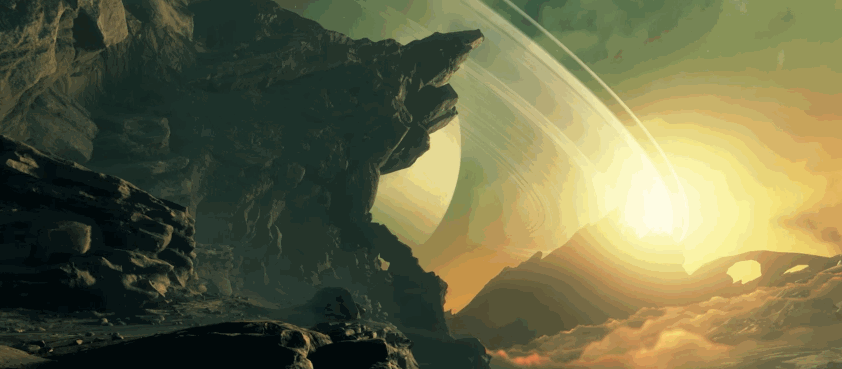 The Call of Duty: Infinite Warfare trailer was posted to YouTube on May 2, 2016.
The Call of Duty: Infinite Warfare trailer was posted to YouTube on May 2, 2016. 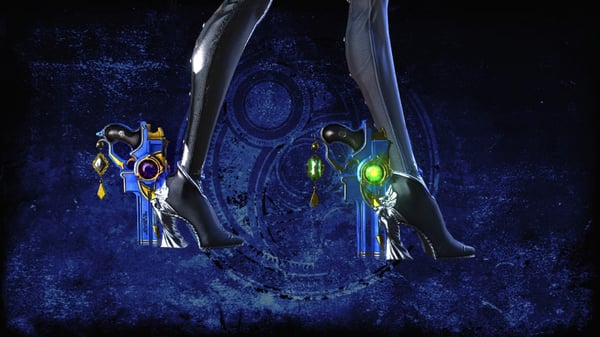
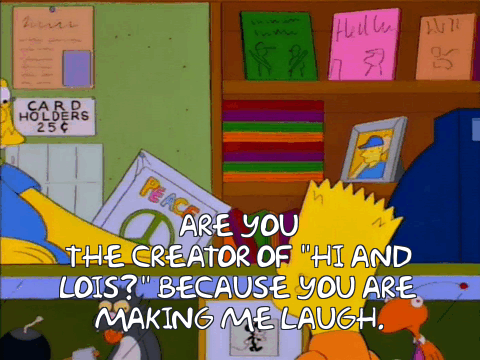 Geek culture is made up. It's a brass-knuckled money-grab executed by men of excessive monetary value aiming their cash-lust at a nostalgic generation's disposable income. It's consumerism channeled through a marketable antithetical taste. It's also only as real, or fake, as "sports culture" or "yard-maintenance culture."
Geek culture is made up. It's a brass-knuckled money-grab executed by men of excessive monetary value aiming their cash-lust at a nostalgic generation's disposable income. It's consumerism channeled through a marketable antithetical taste. It's also only as real, or fake, as "sports culture" or "yard-maintenance culture."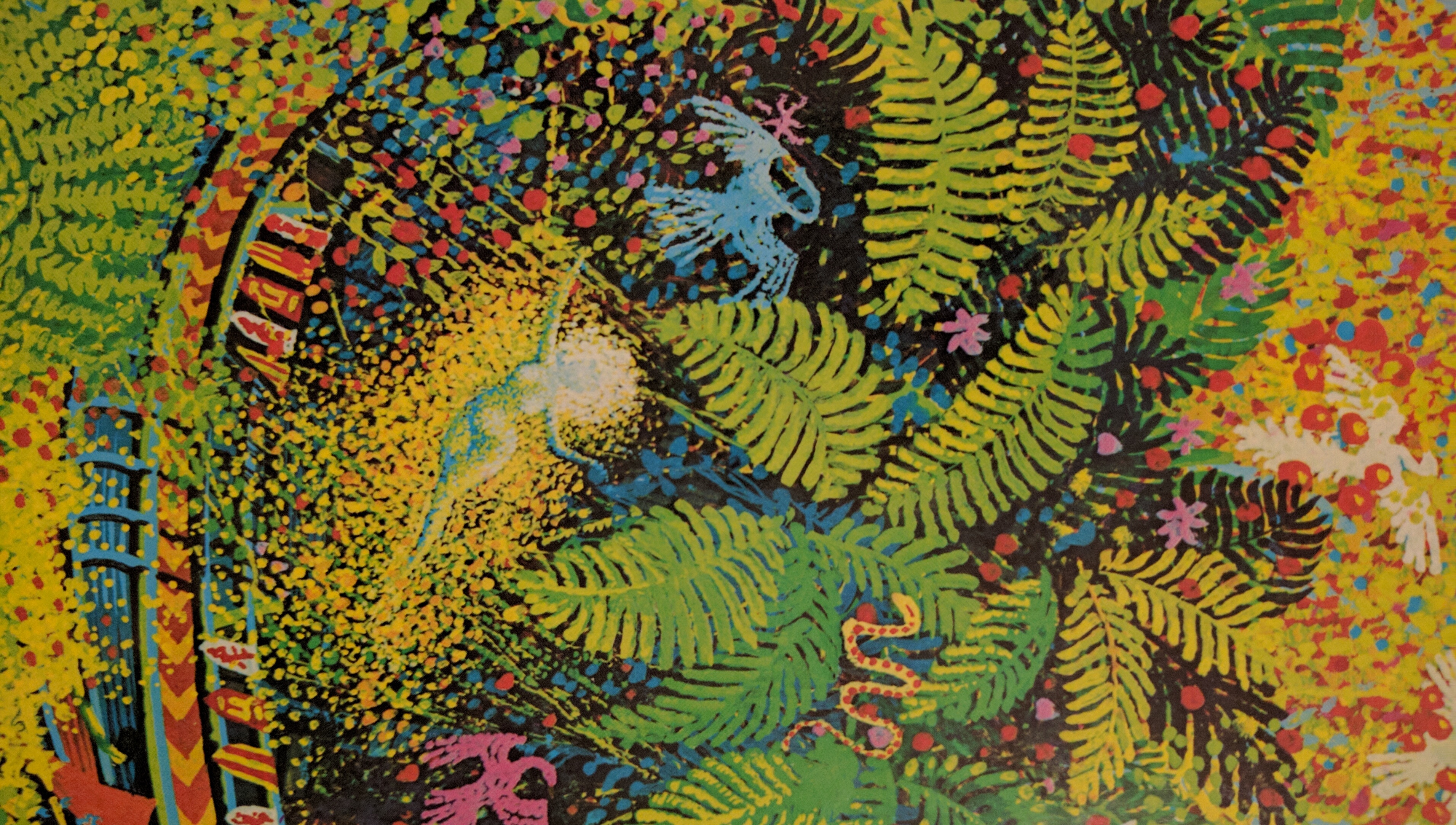 The commute has not been eliminated from business. We still live in one place and work in another. We still wake up in the morning and move to that workplace almost at the same time as everyone else doing the same. We still step on and over one another on this twice-daily journey on overcrowded roads and quintuple-undersized public transit buses and trains.
The commute has not been eliminated from business. We still live in one place and work in another. We still wake up in the morning and move to that workplace almost at the same time as everyone else doing the same. We still step on and over one another on this twice-daily journey on overcrowded roads and quintuple-undersized public transit buses and trains.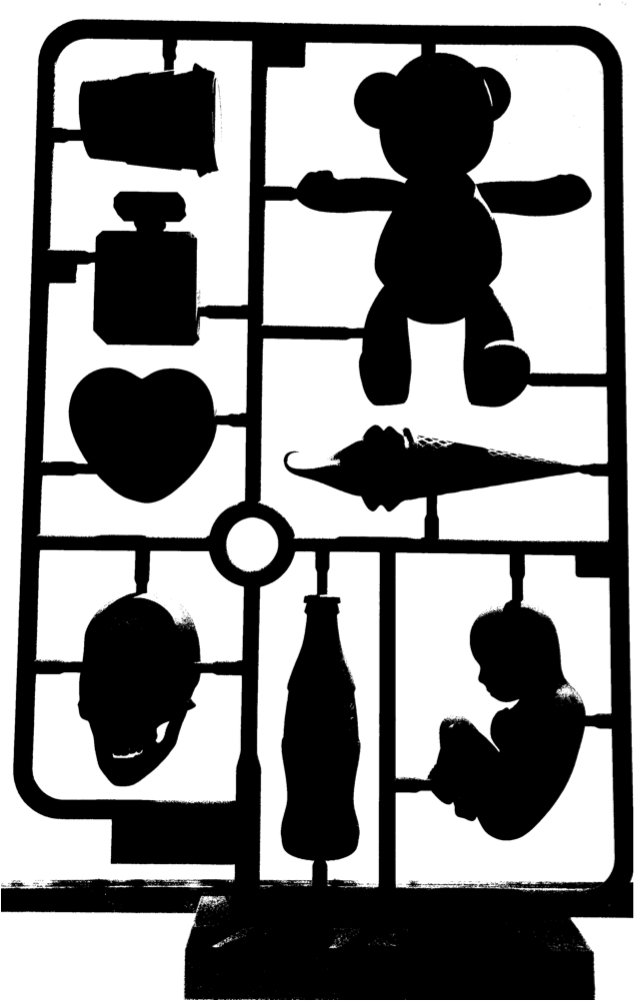 I envision a group of four friends. They are standing outside a movie theater. The year is, let's say, 1991. They discuss the opportunity to see the just-released Terminator 2: Judgment Day.
I envision a group of four friends. They are standing outside a movie theater. The year is, let's say, 1991. They discuss the opportunity to see the just-released Terminator 2: Judgment Day.